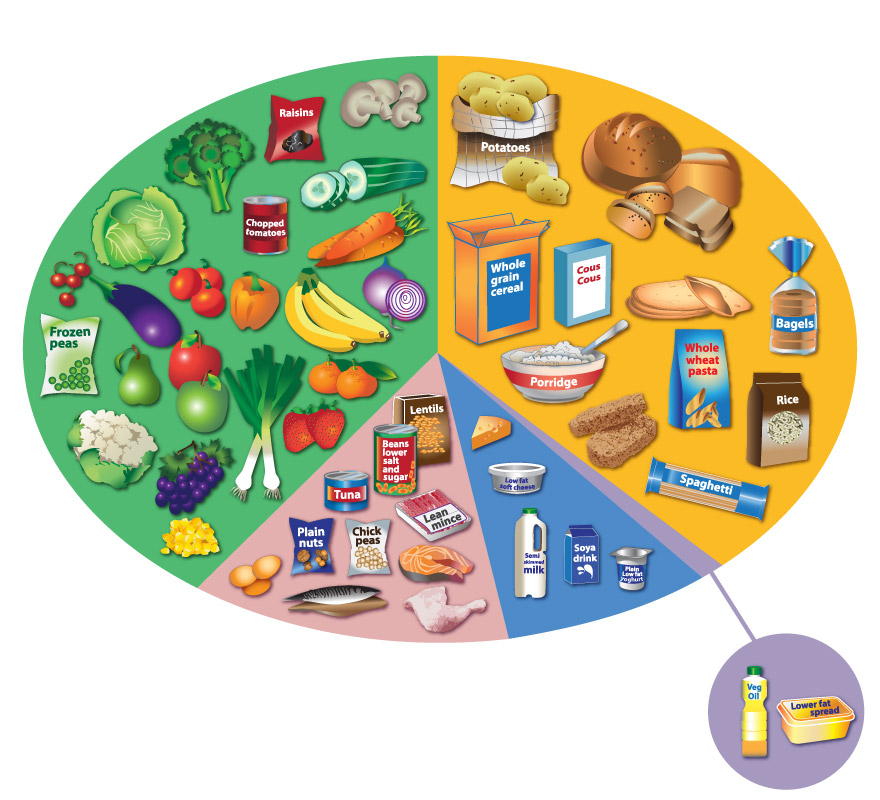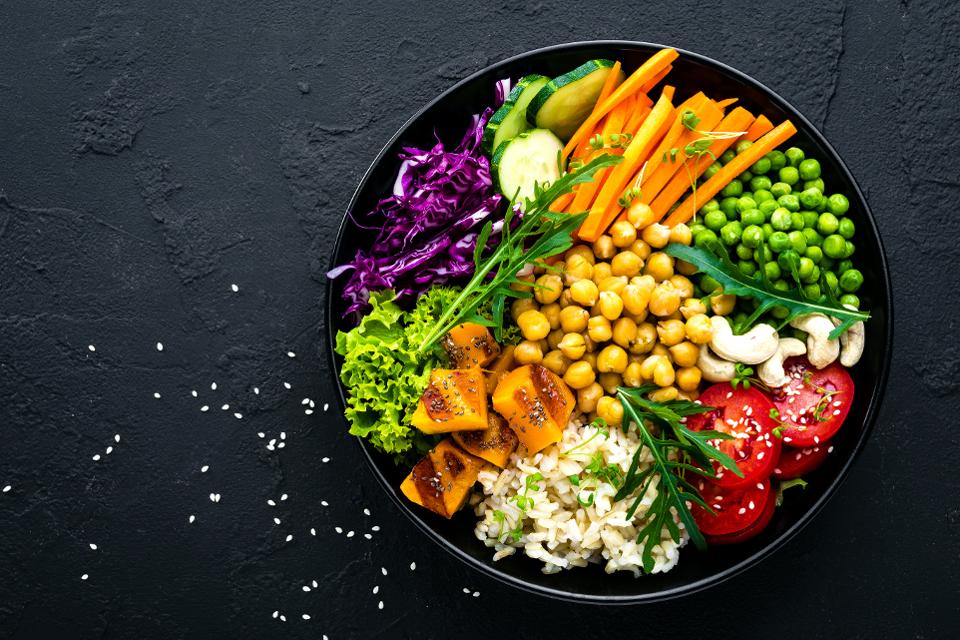Traditionally, January and the New Year is a time for New Year’s resolutions. For many people, their New Year’s resolution revolves around the idea of ‘new year, new me’, changing their lifestyle in pursuit of a healthier year to come. In previous years, this might simply mean gyms would be fuller for a few weeks – before the inevitable drop off as resolutions are swiftly broken. Nowadays, however, these resolutions increasingly place a focus on how we eat, with more and more of us taking up ‘no-carb January’, ‘Keto January’, or the movement which has taken the world by storm: ‘Veganuary’, with over 370,000 pledging to eat vegan for the entirety of January globally.
Here at the Cancer Prevention Group, we’re no strangers to discussing how diet can prevent cancer. We’ve written previously on how cabbage may (or may not) help prevent bowel cancer. We’ve carried out a clinical trial to find out how supplements based on compounds found in cruciferous vegetables can prevent cervical cancer. But these new diets focus more and more on giving up aspects of your diet- be it meat, carbs, or anything that a caveman wouldn’t have access to.
Want to eat well? You’re putting too much on your plate

The Eatwell plate, published by the Food Standards Agency, is designed to easily display the proportion of foods we should be eating. Within the plate, fruit and vegetables, as well as bread, rice, potatoes and pasta take up the most space- followed by meat, fish, eggs and beans, as well as milk and dairy foods. Food and drinks high in fat and sugar take up the least space. We know that eating red meat and processed food increases your risk of colorectal cancer, where the recommended daily intake is 70g; for other foods, the exact link between diet and its impact on cancer is tenuous. Cancer Research UK debunks the myth that sugar causes cancer here, but there’s a well-documented indirect link – the relationship between sugar and obesity. Obesity is the second biggest cause of cancer after smoking, and there is a plethora of evidence relating obesity to cancer, and obesity to over-consumption of fat and sugar. Cutting through the debate over the relationship between types of food, and their relation to obesity & cancer, it can be reduced to one simple statement: Don’t frequently go over your recommended calorie intake, regardless of whatever part of the plate you’re eating from.
More and more, however, research focuses on the exact vitamins & minerals that may reduce our cancer risk. Results in this field have been mixed. Observational studies tend to report that diets rich in vitamins may reduce the risk of various cancers, whereas most randomised controlled trials show no benefit. For instance, vitamin C may reduce the risk of gastric cancers, but there is little data from clinical trials to support this. Additionally, the VITAL trial found that vitamin D supplements may have little effect on cancer risk. Worse yet, studies report that vitamin A supplements may increase your likelihood of developing lung cancer- but this chance is greatly increased if you’re already a smoker. It seems the answer to why the results are so different is because observational studies tend to ignore important conflating factors in diet & lifestyle, such as how much exercise a participant may do outside of the trial, or whether they are a heavy drinker or not. It’s important to take any research advocating the benefits of a single vitamin with a pinch of salt (low sodium, of course).
So, what is the perfect ‘cancer reducing diet’ then? Well, one that is high in fruits and vegetables (as referenced by the 5-a-day campaign) wholegrain foods, and healthy proteins. There’s no magic bullet diet here, and while there is no shortage of ‘miracle cure’ recommendations on the internet, many are untested, unregulated or potentially dangerous. If you want to cut down on the likelihood of developing cancer through improving your diet, eat lower amounts of processed and red meat, high calorie foods, sugary drinks & alcohol.
Thoughts on Veganuary
While the company behind Veganuary doesn’t present it as a method to reduce your likelihood of developing cancer, a number of other vegan-oriented sites list the benefits of a vegan diet. From a scientific perspective, the jury is still out. IGF-1 hormone activity may be linked to increased cancer risk. Vegans tend to have less of the IGF-1 hormone, due to a diet with reduced amino acids, thus potentially decreasing their risk of developing a number of cancers. Equally, a high fibre diet (Which may come from eating a large amount of vegetables) has the potential to decrease prostate cancer risk in men (but again this was an observational study).
However, scientific research shows, and experts warn that a vegan diet can miss out on essential micronutrients such as vitamins B-12, calcium and omega-3.
With the rise in “alternative meat” products these issues could soon be a thing of the past. The wide range of products on offer- including tofu, tempeh and seitan are quickly filling this nutritional gap, helping many transition from a meat based to plant based diet. In addition, many supermarkets and fast food brands are joining the Veganuary craze, using the opportunity to release a variety of products – ranging from vegan pizza and vegan sausage rolls to deep-fried vegan burgers (although the health benefits of these could certainly be questioned).
So, to reiterate what was said earlier: What is the best diet to reduce your risk of cancer? Eat a diverse, plentiful range of fruits and vegetables. Stick to wholegrain carbohydrates. Have healthy proteins, such as chicken or fish, and if you’re vegan: make sure to include some sources of those essential micronutrients we talked about earlier.
The best New Year’s resolutions to reduce your risk of cancer aren’t simply limited to what you eat, but your wider diet, too. If you’re a smoker, consider giving up this year to reduce the risk of developing lung cancer substantially. Don’t go over your recommended units of alcohol to avoid an increased risk of stomach, liver and pancreatic cancer. To avoid obesity, make sure you not only reduce the amount of processed meat & sugar in your diet, but crucially, involve more exercise in your everyday life. Working towards good health- and reducing your cancer risk- is for life, not just for Christmas.
The views expressed are those of the author. Posting of the blog does not signify that the Cancer Prevention Group endorse those views or opinions.

